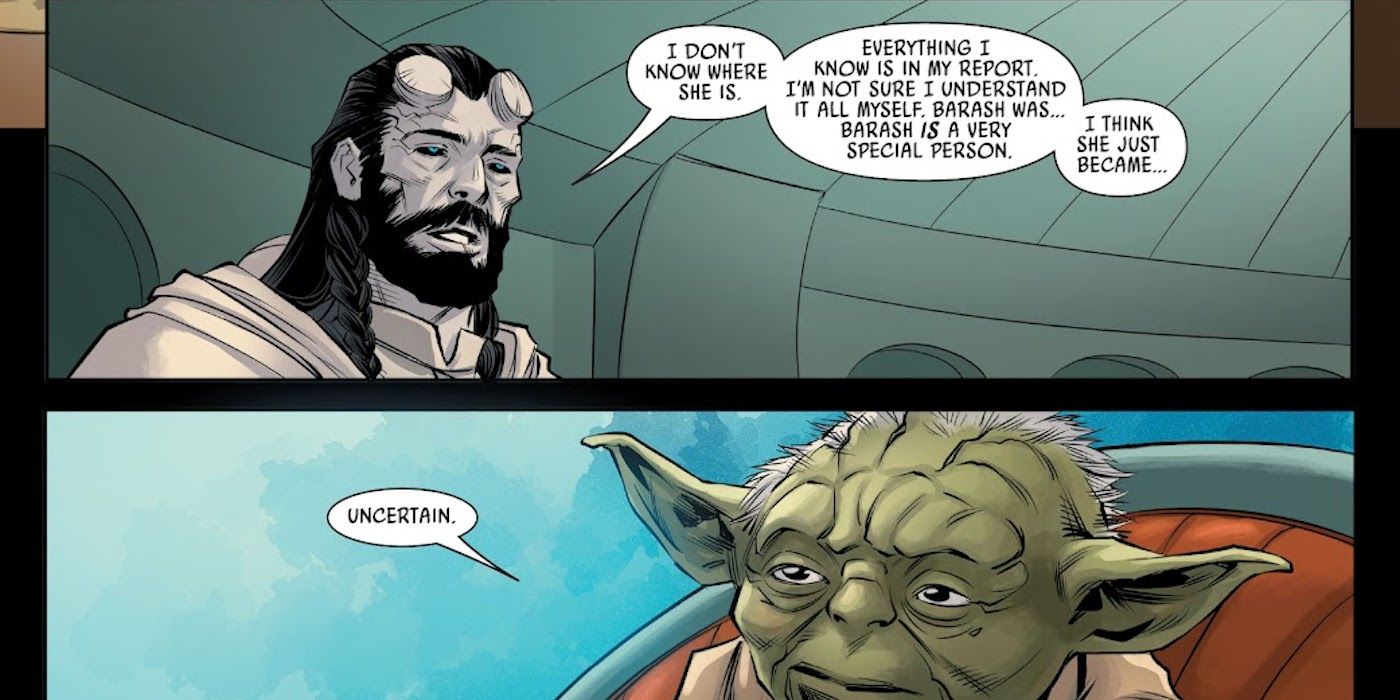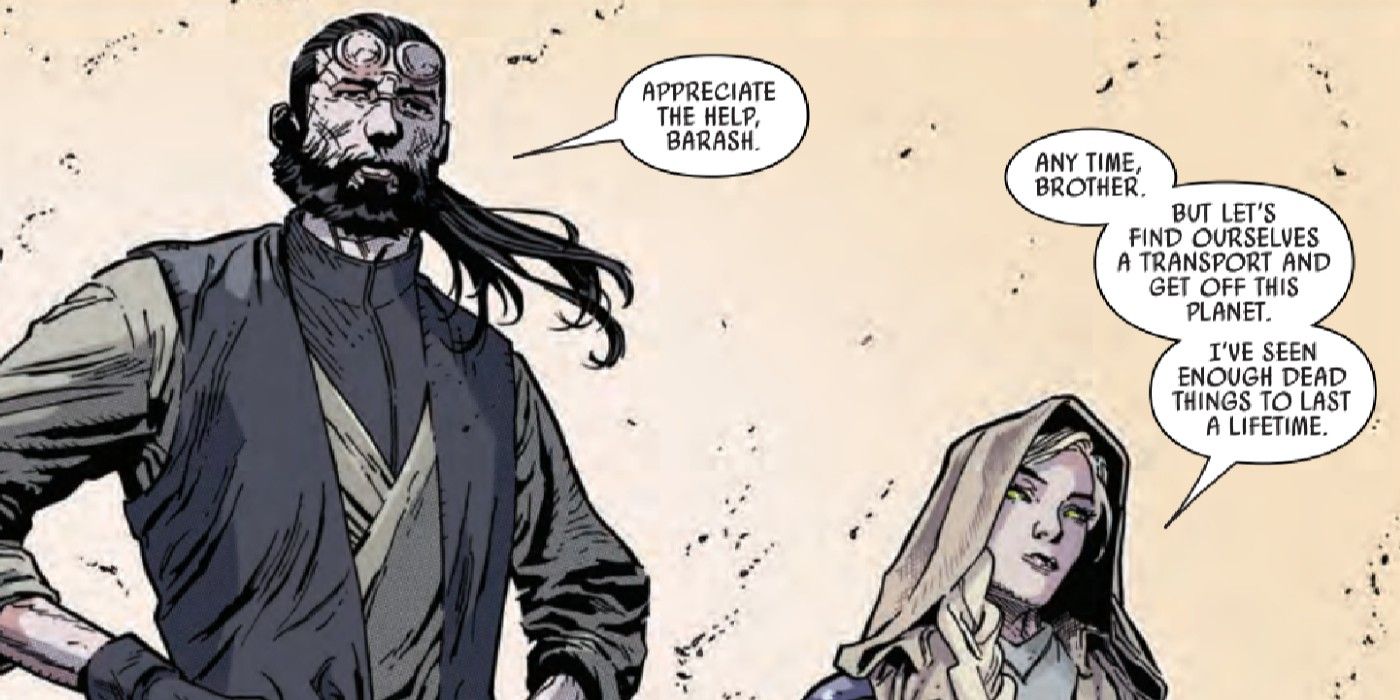Barash Vow Traditions
The Barash Vow is a centuries-old tradition practiced by Muslims in the Indian subcontinent. It is a solemn pledge made by a man to his wife, promising to provide for her and protect her throughout their marriage. The vow is typically made during the nikah ceremony, which is the Islamic marriage ceremony.
Barash Vow is a movie about a group of young people who are trying to find their way in life. The movie is set in a small town in the Midwest, and the characters are all struggling with different personal issues.
If you’re looking for a movie that will make you think, Barash Vow is definitely worth watching. You can watch the acolyte online free on our website.
The Barash Vow is considered to be a sacred obligation, and it is believed that breaking the vow will bring misfortune upon the man and his family. The vow is also seen as a way to strengthen the bond between husband and wife, and to ensure that the marriage is a happy and successful one.
Barash vow, an ancient pledge of unity, echoes in the hearts of those who seek to break the barriers of space. Like the Starliner launch , which embarks on a mission to the heavens, the vow reminds us of our boundless potential.
Through its timeless words, barash vow guides us to strive for unity, inspiring us to reach for the stars and beyond.
Rituals and Customs, Barash vow
The rituals and customs associated with the Barash Vow vary from region to region. However, there are some common elements that are found in most ceremonies.
- The man and woman are seated facing each other.
- The man places his right hand on the woman’s right hand.
- The man recites the Barash Vow, which is typically in Arabic or Urdu.
- The woman accepts the vow by saying “Qubool hai” (I accept).
- The couple then exchange rings.
After the ceremony, the man and woman are considered to be married. The Barash Vow is a lifelong commitment, and it is expected that the couple will honor the vow throughout their marriage.
Barash vow, a solemn oath sworn by the devout, holds immense power and responsibility. Yet, in the realm of the acolyte rotten, where corruption and deceit thrive, such vows are often twisted and broken. The acolyte rotten serves as a stark reminder of the dangers of straying from the righteous path, a cautionary tale that echoes through the annals of barash vow, reminding us of the consequences that await those who betray their oaths.
Variations of the Barash Vow

The Barash Vow is not a monolithic practice, and there are variations in its observance across different regions of India. These variations can be attributed to cultural, social, and geographical factors, and they reflect the diversity of the Indian subcontinent.
Regional Variations
- North India: In North India, the Barash Vow is typically observed for a period of 12 days, with the first and last days being considered the most important. During this time, devotees abstain from non-vegetarian food, alcohol, and other intoxicants. They also observe a fast on the first and last days of the vow.
- South India: In South India, the Barash Vow is usually observed for a shorter period of time, typically for 9 or 10 days. Devotees abstain from non-vegetarian food and alcohol, but they may consume dairy products. They also observe a fast on the first and last days of the vow.
- East India: In East India, the Barash Vow is often observed for a period of 11 days. Devotees abstain from non-vegetarian food, alcohol, and other intoxicants. They also observe a fast on the first and last days of the vow.
- West India: In West India, the Barash Vow is typically observed for a period of 12 days. Devotees abstain from non-vegetarian food, alcohol, and other intoxicants. They also observe a fast on the first and last days of the vow.
Similarities and Differences
Despite the regional variations, there are some commonalities that unite the different observances of the Barash Vow. These include:
- The vow is typically observed for a period of 9 to 12 days.
- Devotees abstain from non-vegetarian food and alcohol.
- They also observe a fast on the first and last days of the vow.
The variations in the Barash Vow reflect the diversity of Indian culture and society. They also underscore the adaptability of the vow, which has been observed for centuries by people from all walks of life.
Contemporary Relevance of the Barash Vow

In modern Muslim societies, the Barash Vow remains a significant tradition, albeit with adaptations to evolving social norms and values. Its relevance lies in its ability to provide a framework for marital relations and to address contemporary challenges.
One adaptation is the increased emphasis on consent and mutual respect within the marriage. The Barash Vow now recognizes the importance of both partners having a voice in decision-making and sharing responsibilities.
Challenges
Despite its continued relevance, the Barash Vow faces challenges in the 21st century. These include:
- Changing gender roles and expectations
- Increased individualism and delayed marriage
- Influence of Western cultural norms
Opportunities
The Barash Vow also presents opportunities for growth and renewal:
- Promoting gender equality and shared responsibilities
- Strengthening family bonds and community support
- Preserving cultural heritage while adapting to changing times
The Barash vow, an ancient promise made by the tribe’s ancestors, has been a source of both strength and conflict. As the tribe faces new challenges, the vow is tested like never before. Meanwhile, in the far-off world of Rotten Tomatoes: The Acolyte , a young woman discovers her own connection to the ancient vow.
As she delves deeper into the secrets of her past, she finds that the Barash vow may hold the key to her destiny and the fate of her people.
The barash vow, an ancient promise to never reveal a secret, echoes through the annals of history. Alec Baldwin , a modern-day figure embroiled in a tragedy, has invoked this vow in the face of public scrutiny. Yet, the barash vow transcends time, reminding us that the weight of secrets can both protect and burden those who hold them, shaping their lives and the narratives that surround them.